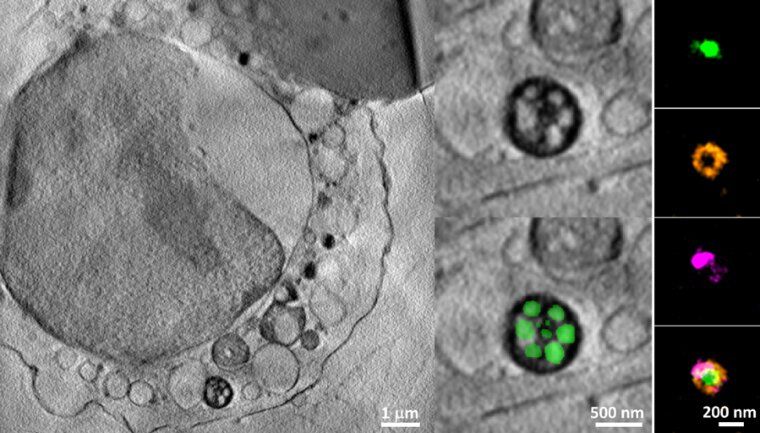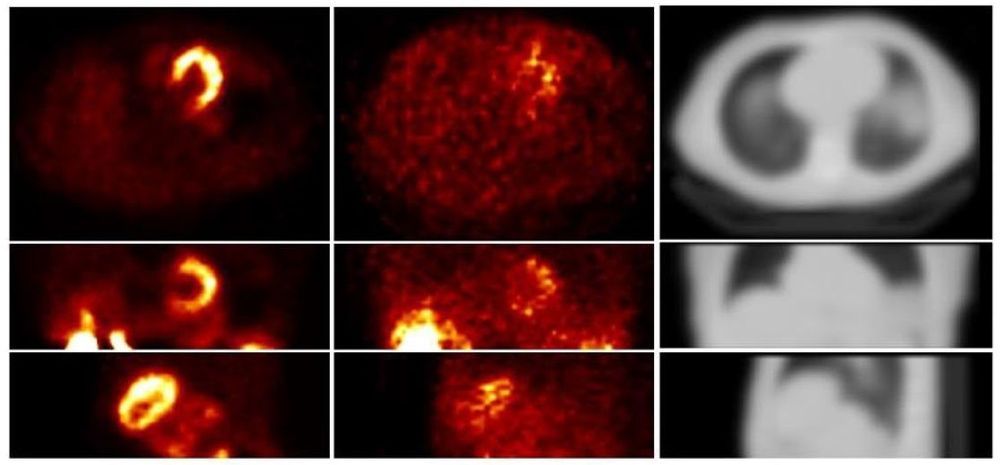
Scientists at the Kennedy Institute of Rheumatology in the Nuffield Department of Orthopaedics, Rheumatology and Musculoskeletal Sciences have discovered a new way for T cells to attack cells infected by viruses or deranged by cancer.
Published online by the journal Science on Thursday 7 May 2020, the new research from the Dustin Group describes the structure and composition of supramolecular attack particles (SMAPs) and their role in killing targeted cells.
Cytotoxic T lymphocytes (CTLs) are essential components in the immune response against viruses and cancer. CTLs are known to recognise infected or damaged cells and release soluble protein molecules, which create perforations in the membrane of the targeted cell. These holes allow toxic enzymes to enter and initiate a self-destruct program, killing the targeted cell (cytotoxicity).

















